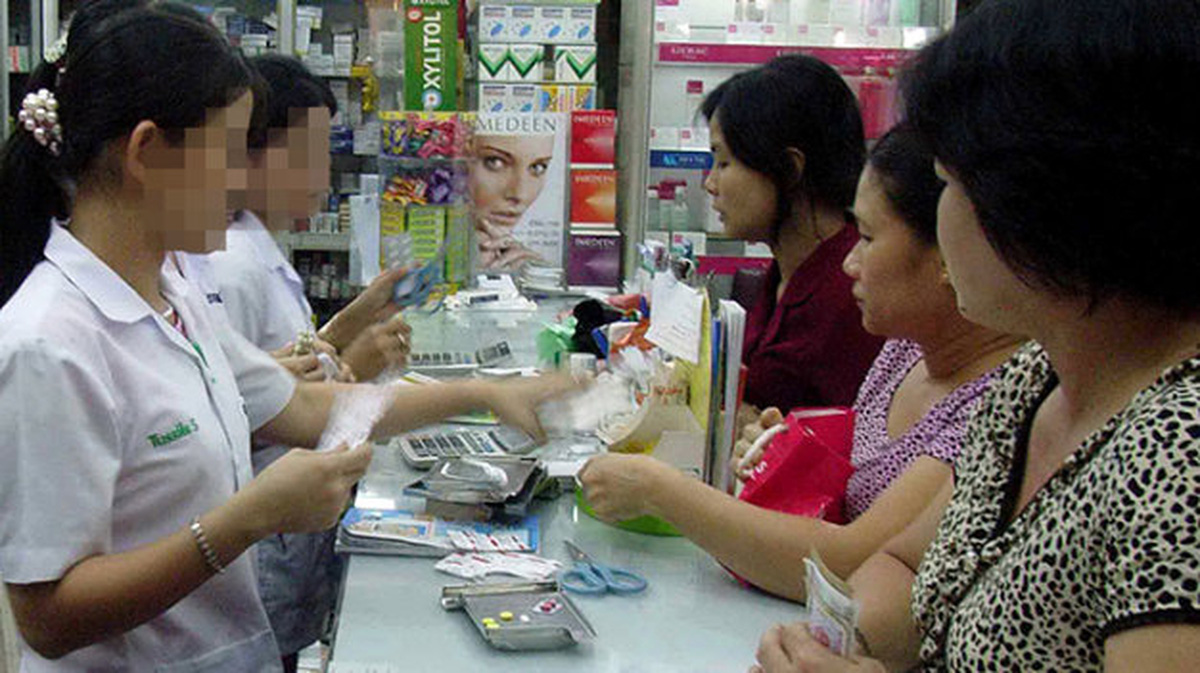In 2017, an average Vietnamese spent US$56 on medicine, with the number forecast to almost triple by 2025, according to a recent report.
The local pharmaceutical market made an estimated $5.2 billion in revenue this year, a roughly ten-percent increase from the last, according to the report published on Monday by Vietnam Report, a market research company based in Hanoi.
This translates to an average per capita spending on medicine of $56, the report reads.
Yearly medicinal expenses of an average Vietnamese has been on the rise for the past 12 years, from $9.85 in 2005 to $22.25 in 2010, before nearly doubling to $38 in 2015.
This represents a yearly growth rate in per capita spending of over 14 percent between 2010 and 2015, a trend that is forecast to persist until 2025, according to the report.
Vietnam’s pharmaceutical industry is highly lucrative, attracting a load of foreign investors and multinational groups to venture into the business, the report asserts.
The upcoming year of 2018 is poised to see profound changes in the industry with the participation of new retailers such as The Gioi Di Dong, FPT Retail, Digiworld and Nguyen Kim.
In addition, the introduction of foreign pharmaceutical firms like Sanofi, Taisho and Abbott into the production industry in Vietnam is also thought to create huge pressure on domestic manufacturers.
Over 90 percent of Vietnam Report’s survey respondents who are pharmaceutical business owners consider the industry’s dependence on imported ingredients to be among the biggest challenges faced by local enterprises.
According to the report, around 90 percent of pharmaceutical ingredients in Vietnam are imported, mostly from China and India, making the price of medicine in Vietnam 15-20 percent higher than in these two countries.
A lack of capital and skilled human resources is among the reasons why local companies produce only generic drugs with low value instead of investing on creating brand-name ones.
Meanwhile, the Vietnamese people generally favor imported drugs over locally produced ones due to concerns over quality, the report reads, citing surveys from local pharmacies and hospitals.
Like us on Facebook or follow us on Twitter to get the latest news about Vietnam!





















































